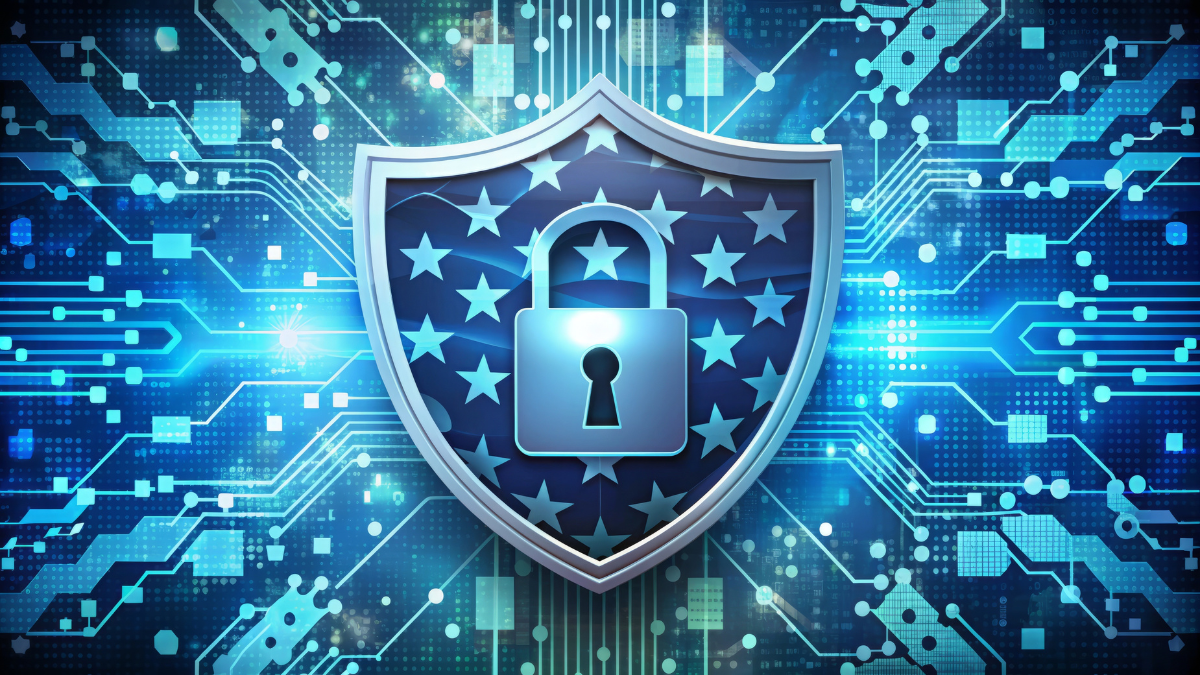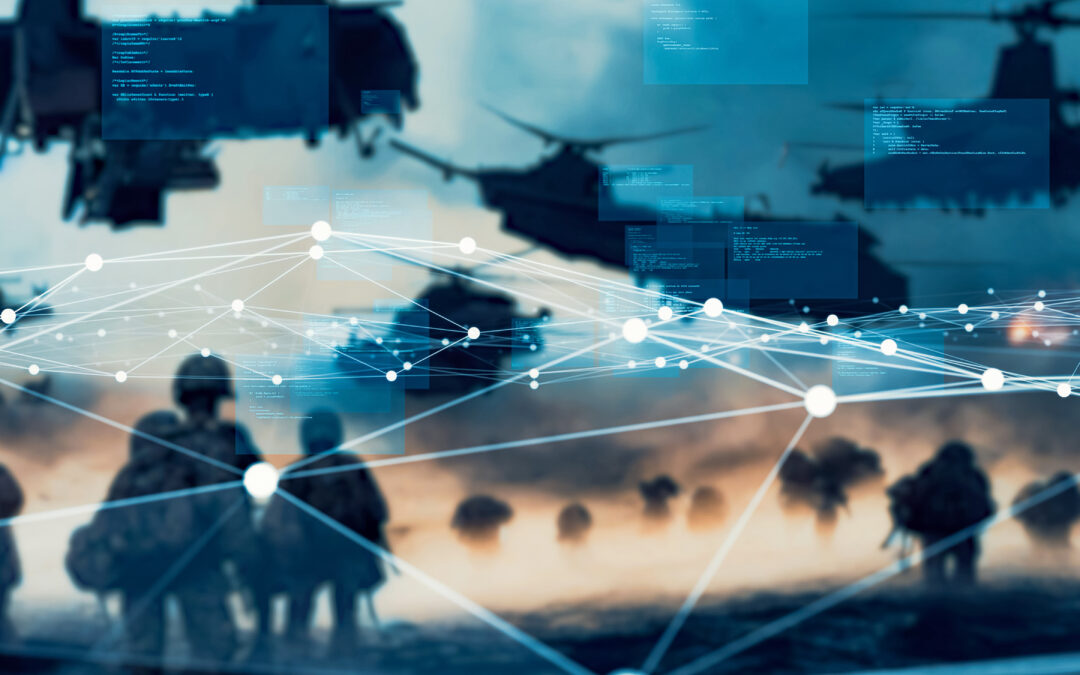As we observe Cybersecurity Awareness Month, it is crucial to reflect on the growing need for cyber-secure solutions in the defense sector. Cybersecurity has become a battlefield of its own, where a single breach can compromise national security, military operations, and sensitive defense technologies. In today’s rapidly evolving digital age, protecting defense assets from cyber threats is not just an IT issue but a national security imperative.
This blog will explore the importance of cyber-secure solutions in the defense sector and highlight key strategies for safeguarding critical systems, especially during this month dedicated to raising cybersecurity awareness.
Evolving Threat Landscape
The defense sector faces an increasingly sophisticated and persistent threat landscape. State-sponsored hackers, cyber terrorists, and criminal organizations continually develop new tactics to penetrate defense networks. These attackers aim to disrupt military operations, steal classified information, and compromise defense infrastructure.
A 2022 report by the U.S. Department of Defense (DoD) highlighted that cyber-attacks have expanded into nearly every aspect of defense operations. The report indicated that cyber-attacks targeting military networks increased by 30% between 2020 and 2022, focusing heavily on critical infrastructure such as weapon systems and satellite communications. These attacks are designed to exploit vulnerabilities in defense systems that could have far-reaching consequences in terms of national security.
The modern defense landscape relies heavily on digital technologies, from AI-driven drones to interconnected command centers. This increased reliance on technology has created new vulnerabilities that adversaries are eager to exploit. As defense operations evolve, so must the cybersecurity measures that protect them.
Importance of Cyber-Secure Solutions for Defense
The potential consequences of a cyber breach are staggering. A successful cyber-attack can cripple military operations, jeopardize national security, and place people in danger. For instance, compromised communication systems could allow adversaries to intercept sensitive information or disrupt mission-critical operations.
Beyond direct attacks, defense contractors, who provide essential technology and equipment to military organizations, are also prime targets. This is particularly concerning since compromised contractors can serve as entry points for attackers looking to infiltrate the larger defense ecosystem. In fact, just earlier this year it was reported that, hackers targeted government contractors with new backdoor malware called FalseFront.
Cyber-secure solutions offer the protection necessary to defend against these growing threats. These solutions include technologies such as encryption, secure communications channels, and intrusion detection systems designed specifically to withstand the unique demands of defense operations. However, true security requires a comprehensive strategy that integrates advanced tools with proper training, security protocols, and constant vigilance.
Key Elements of a Strong Cybersecurity Framework
Cybersecurity must be built into every layer of infrastructure, from hardware to software. A strong cybersecurity framework consists of the following key elements:
- Encryption and Secure Communications: Defense operations rely on the transmission of sensitive information, often across various platforms and environments. Encrypted communications are essential to prevent interception or unauthorized access to sensitive data.
- Multi-Factor Authentication (MFA): Limiting access to critical systems through MFA can significantly reduce the risk of unauthorized intrusions. Only verified personnel should be allowed into sensitive networks and control systems.
- Intrusion Detection Systems (IDS): IDS continuously monitors networks for signs of suspicious activity or potential breaches. These systems can detect and block cyber-attacks in real-time, minimizing potential damage.
- Regular Security Audits: Defense organizations and contractors must regularly assess their cybersecurity practices and protocols. Audits help identify vulnerabilities and ensure that defense systems remain secure against the latest threats.
- Security by Design: Systems and platforms used by the defense sector should be developed with cybersecurity at the core. Security by design means embedding security controls during the early stages of development rather than adding them as an afterthought.
Together, these elements provide a strong defense against cyber threats, ensuring that critical defense systems remain resilient even in the face of sophisticated attacks.
Collaborative Efforts to Strengthen Defense Cybersecurity
No defense organization can tackle cybersecurity alone. The interconnected nature of defense systems requires collaboration between defense contractors, military branches, allied nations, and private-sector cybersecurity experts.
Partnerships between military organizations and companies like Performance are crucial for developing advanced cyber-secure solutions that protect sensitive military operations. Companies with deep experience in cybersecurity bring valuable expertise in areas like encryption, secure communication systems, and compliance with defense industry standards. Performance, for instance, works closely with defense contractors and military clients to build resilient mission-critical solutions with the latest security measures.
Additionally, the global nature of today’s military operations means that allied nations must also collaborate on cybersecurity efforts. Sharing intelligence, cybersecurity tools, and best practices allows nations to collectively address the threats posed by cyber adversaries.
Cybersecurity as a Constant Priority
As Cybersecurity Awareness Month reminds us, the importance of safeguarding our defense systems from cyber threats cannot be overstated. The evolving threat landscape, the increasing reliance on technology, and the high stakes involved make it essential for defense organizations to invest in cyber-secure solutions.
By adopting comprehensive cybersecurity frameworks, collaborating with industry experts, and maintaining a proactive approach to cyber defense, military organizations can ensure their operations remain resilient. For defense leaders and contractors, this month presents an excellent opportunity to reassess current cybersecurity strategies and take decisive steps to protect critical assets from cyber threats.
Performance is here to support your cybersecurity needs. Reach out to us to learn more about our secure solutions and engineering services that are driving the nation’s mission-critical systems today. Discover how we can strengthen your cyber defense strategy and ensure security for your most vital operations: https://performancedefense.com/contact/





